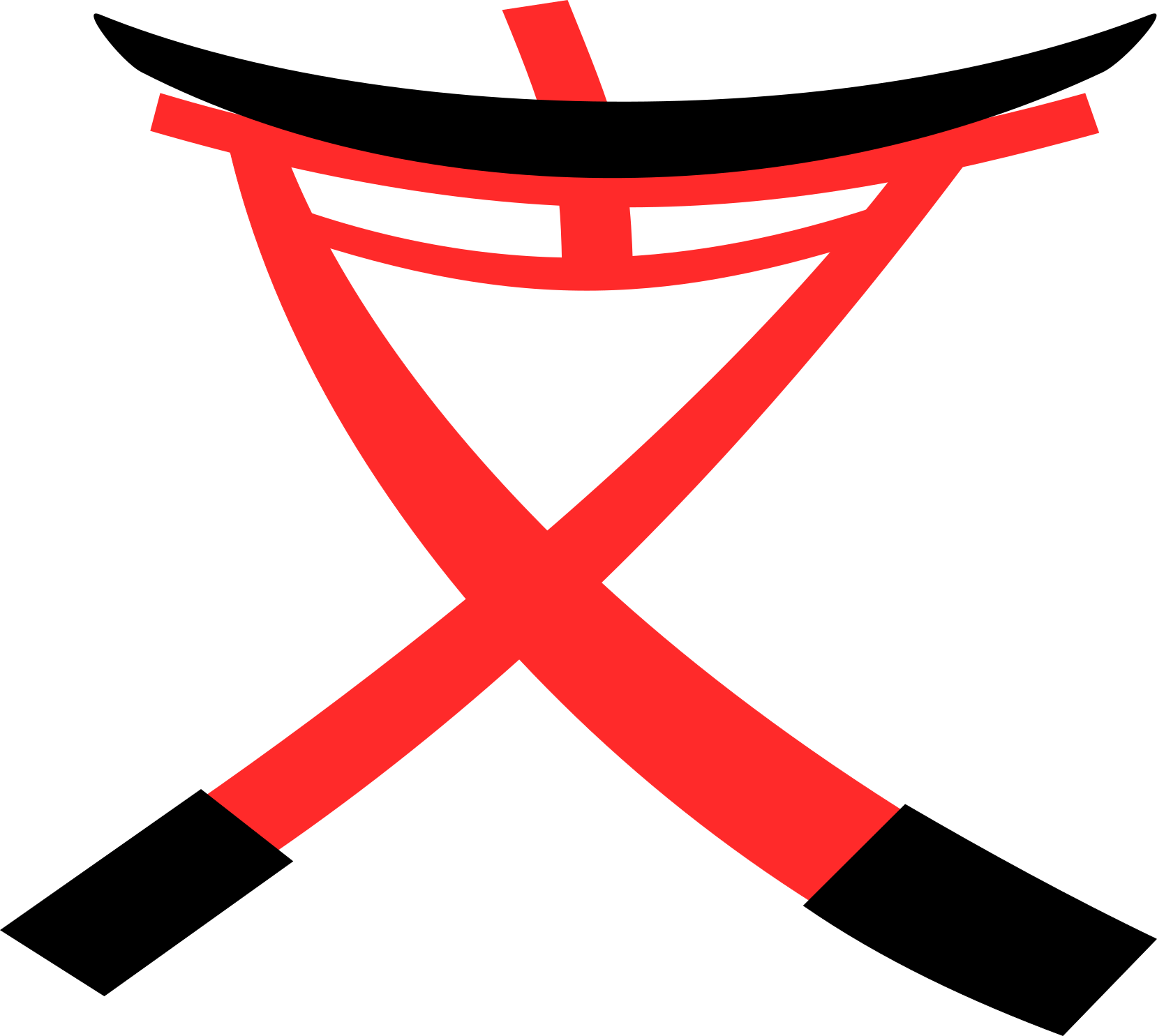Independent Non-Inflecting Words
General Rule 4
Main Rule
Nouns that derive from inflecting words, or nouns that are nouns created with nominalizing suffixes such as さ, み, げ, etc., take the okurigana of the inflectional word.
Examples:
(1) Words that are nominalizations of inflected words
当たり 代わり 向かい
狩り 答え 問い 祭り 群れ
憩い 愁い 憂い 香り 極み 初め
近く 遠く
(2) Words created with nominalizing suffixes such as さ, み, げ, etc.
明るみ 重み 憎しみ
惜しげ
Exceptions
Okurigana is not attached to the following words.
卸 煙 恋 志 次 隣 富 恥 話 光 舞
折 係 掛(かかり) 組 肥 並(なみ) 巻 割
Note
The word 組 raised here, used in cases such as 花の組 or 赤の組 is read as くみ, but it is not used in the same way, for example, as in 「活字の組みがゆるむ」[which is a nominalized verb]. Similarly, this case applies to words like 光, 折, and 係, when the noun is not used in the same way as the nominalized verb. It follows that words [bearing the meaning of a nominalized verb] will following the general rule for attaching okurigana.
Noun vs Nominalized Verb
There is a nuance in focus here. Both 組 and 組み are nouns with a distantly related meaning. The verbal-noun (nominalized verb) carries a meaning more directly related to the verb. It is somewhat like an English infinitive or gerund form. The nominalized verb has okurigana. The noun form with no okurigana typically carries a more specific meaning than the nominalized verb. 組み has a more generalized meaning of "assembly" or "form", while 組 has the specific meaning of "set" or "group". Other cases have similar meaning nuances.
Allowance
Nouns whose readings have no chance of being misread may omit the okurigana, as shown by the cases below in parenthesis.
Examples:
当たり(当り) 代わり(代り) 向かい (向い)
狩り(狩) 答え(答) 問い(問) 祭り(祭) 群れ(群)
憩い(憩)
